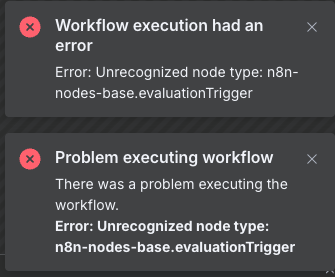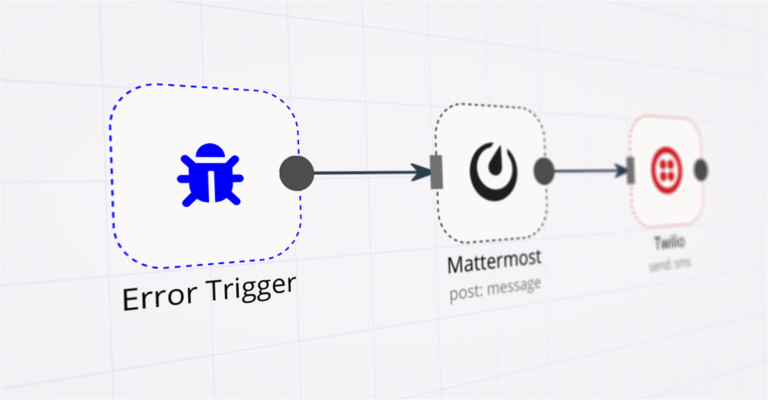
As businesses grow and expand, the demand for high-performance and scalable IT infrastructure becomes increasingly important. In today’s fast-paced and competitive market, the ability to handle large volumes of data and traffic is essential for maintaining a competitive edge. This is where the Bedrock AWS architecture comes into play, offering numerous advantages for boosting performance and scalability.
Advantages of Bedrock AWS Architecture
The Bedrock AWS architecture is designed to provide a solid foundation for building high-performance and scalable applications. By leveraging the power of Amazon Web Services (AWS), Bedrock offers a range of advantages, including:
- Reliability and Availability: AWS provides a highly reliable infrastructure with multiple data centers and automatic failover capabilities, ensuring that your applications remain available and responsive at all times.
- Elasticity: With AWS, resources can be dynamically scaled up or down based on demand, allowing your applications to handle fluctuations in traffic without sacrificing performance.
- Performance Optimization: Bedrock AWS architecture includes built-in features for optimizing performance, such as content delivery networks (CDNs) and caching mechanisms, to deliver fast and responsive user experiences.
- Cost Efficiency: By leveraging AWS’s pay-as-you-go pricing model and efficient resource utilization, Bedrock helps businesses minimize infrastructure costs while maximizing performance.
- Security and Compliance: AWS offers a robust set of security features and compliance certifications, ensuring that your applications are protected against security threats and regulatory requirements.
Scalability and Performance
One of the key advantages of the Bedrock AWS architecture is its ability to deliver exceptional scalability and performance. By leveraging AWS’s powerful infrastructure, Bedrock allows businesses to scale their applications seamlessly as demand grows, without compromising on performance or reliability.
With AWS’s elastic computing capabilities, resources can be added or removed on the fly, enabling applications to handle sudden spikes in traffic or workload without any downtime. This ensures that businesses can deliver consistent performance and user experiences, regardless of fluctuations in demand.
Furthermore, AWS’s global network of data centers and advanced networking features enable Bedrock applications to achieve low latency and high throughput, delivering fast and responsive experiences to users across the globe. This, in turn, helps businesses maintain a competitive edge and drive customer satisfaction.
Conclusion
In today’s digital age, the ability to deliver high-performance and scalable applications is critical for businesses across all industries. The Bedrock AWS architecture offers a solid foundation for achieving these goals, providing a range of advantages, including reliability, elasticity, performance optimization, cost efficiency, security, and compliance.
By leveraging the power of AWS, Bedrock enables businesses to build and operate applications that can handle large volumes of traffic and data, while delivering exceptional performance and user experiences. As a result, businesses can stay ahead of the competition and meet the evolving needs of their customers, ultimately driving growth and success.





